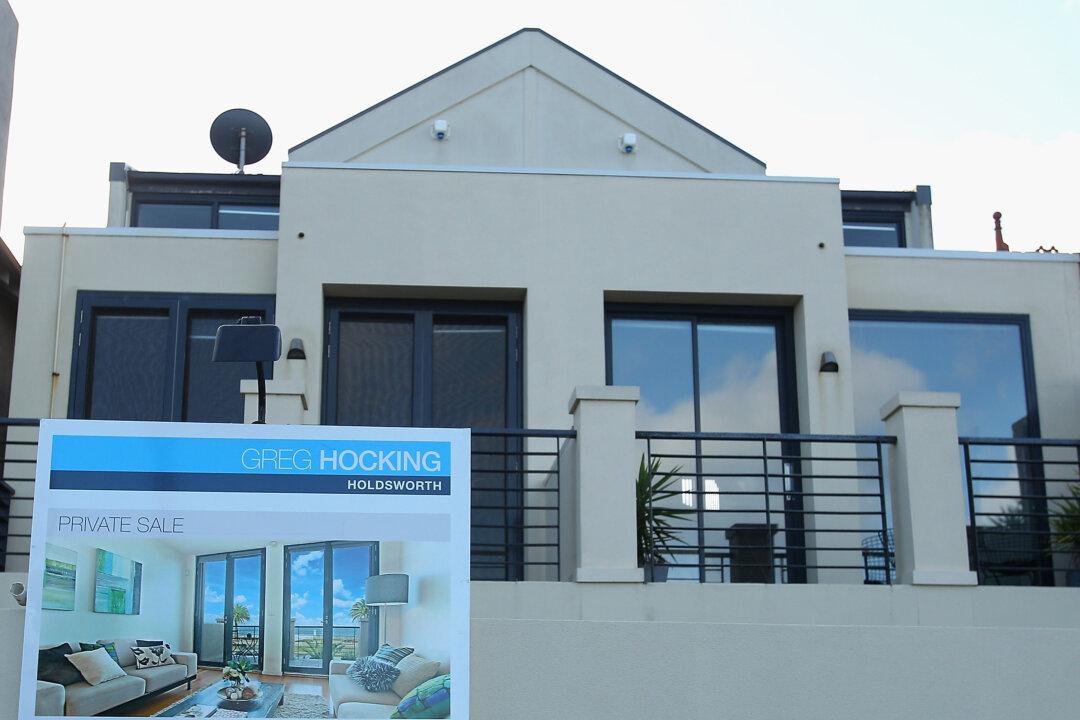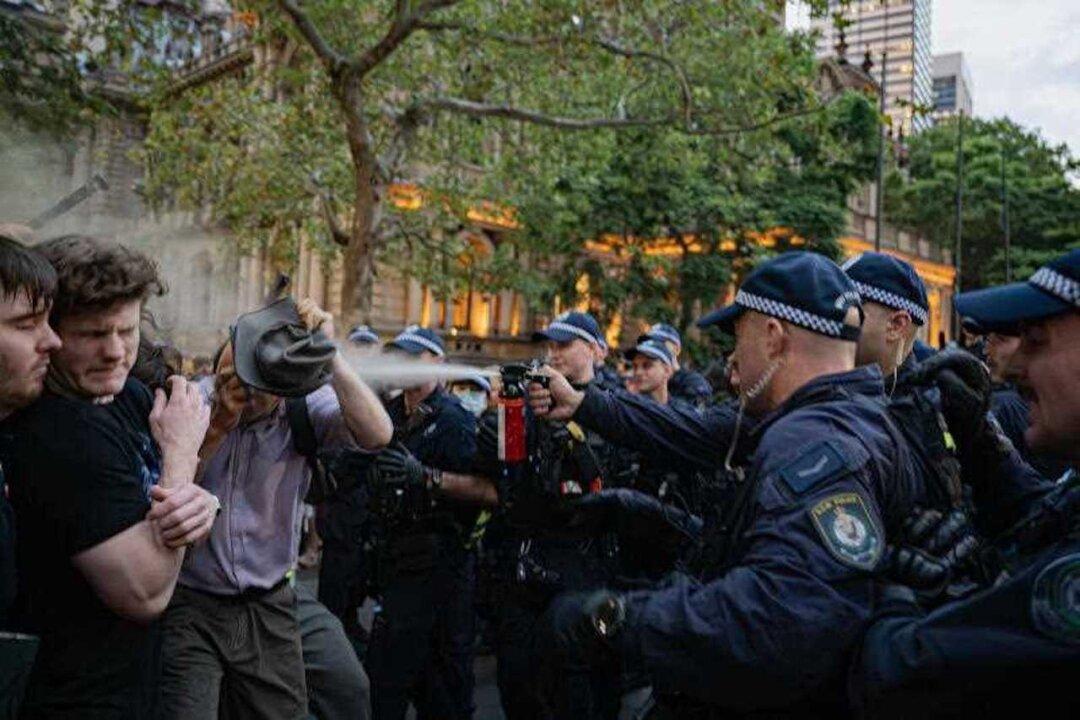Victoria’s deputy premier has recognised stamp duty is a major barrier for first home buyers to enter the market as the state considers reforming the controversial tax.
The state government sent the strongest signal yet that it is open to major stamp duty reform, including the introduction of a broad-based land tax, on March 21.





